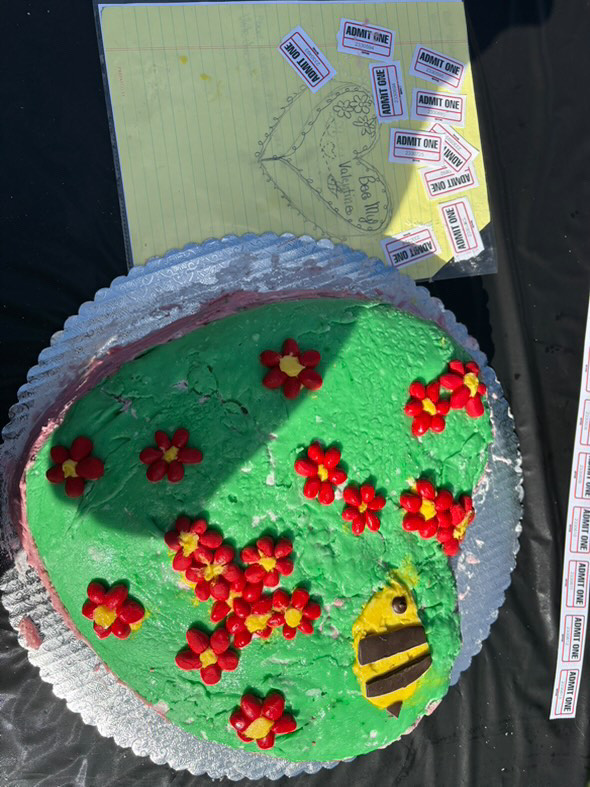Procrastination is a habit that causes us to delay important tasks until the last minute. But fear not! We can conquer this habit and boost our productivity with the right strategies.
Picture this: You have a big project due next week, but instead of getting started, you find yourself scrolling through social media or binge-watching your favorite TV show. Sounds familiar? That is procrastination in action.
What is procrastination?
Procrastination occurs when we delay tasks we need to do, like homework or studying for tests. We might find the task too difficult, boring, or overwhelming, so instead of doing it, we choose to do something more enjoyable in the moment.
The Science Behind Procrastination:
Scientists have studied why we procrastinate and found that our brains play a significant role in this habit. According to Eric Jaffe’s research published in Psychological Science in 2013, procrastination affects the parts of our brain responsible for planning and decision-making. When we procrastinate, these parts do not work, making it harder for us to start tasks. (Jaffe, 2013)
You might think procrastination is harmless, just a little delay here and there. But did you know it can harm your well-being and performance? Research has shown that regular procrastinators experience higher stress levels and perform worse academically than their non-procrastinating peers (Jaffe, 2013).
Tips and strategies to beat procrastination:
- Break tasks down: When faced with a daunting task, it is easy to feel overwhelmed. Instead of tackling it all at once, break it down into smaller, more manageable steps. This makes the task feel less intimidating and more easier to start.
- Set SMART goals: Setting clear and specific goals helps us stay focused and motivated. Ensure your goals are Specific, Measurable, Achievable, Relevant, and Time-bound. For example, instead of saying, “I will study for my exam,” say, “I will study for one hour every day this week.”
- Create a plan: A plan can make starting tasks easier. Decide when and where you will work on your tasks, and stick to your plan as much as possible.
- Practice self-compassion: Be kind to yourself, especially when things are unplanned. Remember, everyone struggles with procrastination from time to time. Treat yourself with kindness and understanding, and do not be too hard on yourself.
- Minimize distractions: Find a quiet workspace free from distractions like your phone or social media. This will help you stay focused and get more done in less time.
- Start small: If a task feels overwhelming, start with just a few minutes of work. Once you start, you will often find it easier to keep going.
- Stay mindful: Take regular breaks to relax and clear your mind. Mindfulness exercises like deep breathing can help reduce stress and keep you focused on your tasks.
By applying these strategies to your daily routine, you can overcome procrastination and become a more productive student.
In conclusion, procrastination may seem harmless, but it can seriously affect our well-being and performance. However, by understanding why we procrastinate and implementing practical strategies, we can beat procrastination and achieve our goals.
Remember, as Winston S. Churchill once said, “Success is not final, failure is not fatal: It is the courage to continue that counts.”
References:
Jaffe, E. (2013, March 29). Why Wait? The Science Behind Procrastination. Psychological Science.
































